EXCLUSIVE: Russia would be the 'biggest winner' from a second Donald Trump presidency, but other countries also stand to benefit, experts say.
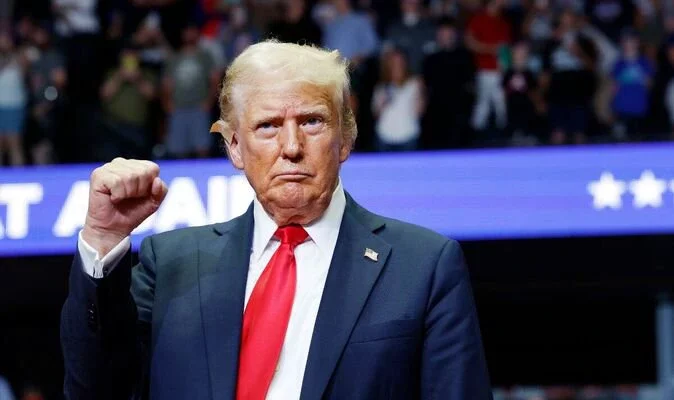
Russia would be the biggest winner if Donald Trump were to win the race for the White House in November's presidential election, an expert has said. At the outset of his previous administration, the former president pledged to put "America first", vowing every foreign affairs decision would benefit American workers and families as the US prioritised its own national interest.
Mr Trump hasn't made many detailed pronouncements on foreign policy in the run-up to his campaign launch, but in a recent interview with Time magazine he vowed to protect the US economy and claimed he is not the isolationist he has been made out to be.
In recent weeks, Mr Trump has boasted Hamas's October 7 attack in southern Israel wouldn't have happened had he been president. He has also repeated his demand for NATO members to pay their fair share of the military alliance's costs and boasted he can end Russia's war in Ukraine within 24 hours of taking office.
Stefan Wolff, Professor of International Security at the University of Birmingham, said: "Globally, Russia is likely to be the biggest winner if Trump pushes Ukraine to accept Russia's land grab since 2014.
"It's also possible to think of an additional scenario in which Trump will offer even more concessions to Putin in exchange for a loosening of Russian ties with China."
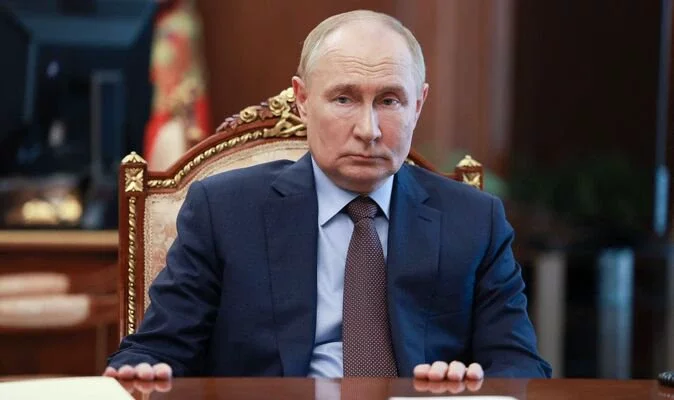
Moscow and Beijing strengthened relations ahead of Russia's full scale invasion of Ukraine in February 2022, as both seek to curb the United States' global dominance. Both countries have expanded their military ties as well as forged closer diplomatic and trade links.
Dr Dafydd Townley, Teaching Fellow in International Security at the University of Portsmouth, said: "Undoubtedly, Russia would be a winner. Trump has already stated he would end the war in Ukraine within 24 hours of taking office, although he has refused to say how.
"It would likely mean significant territorial gains in Ukraine for Russia and, potentially, American recognition of Russian sovereignty of Crimea. There could, possibly, be lifting of sanctions against Russia, although that would need to gain traction with a number of international partners."
Other experts have suggested a second Trump administration will see a renewed push for a peace process between Russia and Ukraine. Mr Trump's running-mate JD Vance has repeatedly criticised Washington's multi-billion dollar military support for Kyiv, with a possible drop in funding likely to seriously undermine Ukraine's ability to wage war.
Dr Cheryl Hudson, Lecturer in US Political History at the University of Liverpool, said: "I think it is likely a peace negotiation will be put in place. Ultimately, this is something that (Ukrainian President Volodymyr) Zelensky has wanted since the start of the war so I think it will be welcomed by Ukraine.
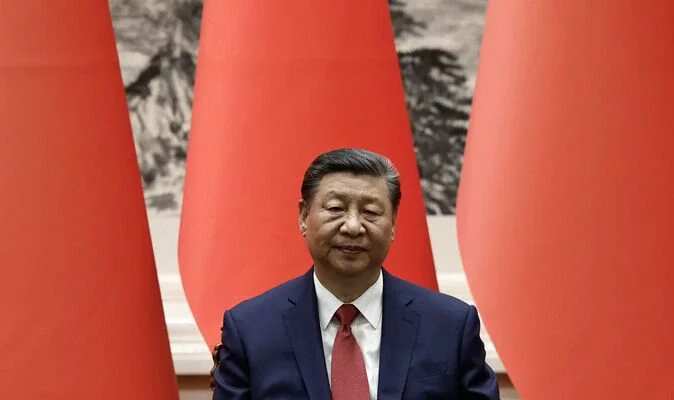
"Many Ukrainians will be glad to see an end to the war, even if it means giving up some territory or a future in NATO itself."
David Dunn, Professor in International Politics at the University of Birmingham, said Mr Trump and Mr Vance represent a bid to end the US foreign policy consensus which has existed since 1941.
He explained: "What Trump wants is an order that prioritises American interests, narrowly defined, and he is happy to do deals with whoever he likes in order to achieve that end. This approach threatens the role of NATO and all of America's alliances. All enemies of the US would welcome this."
Michael Hopkins, Reader in American Foreign Policy at the University of Liverpool, said the former president is unpredictable and suggested countries such as Mexico may gain from a second Trump presidency.
He added: "In office, he did not always act in line with campaign rhetoric. But he is likely to be tough on trade with China. Mexico is likely to benefit from this, as many US companies have moved production there. Certain South East Asian countries could benefit from more trade with US."
Mr Hopkins said Israel would also see solid support from a second Trump administration, adding when he was president he helped facilitate better Israeli relations with Gulf states.
Dr Townley agreed Israel would be another "significant winner" in a new Trump administration, adding: "Trump was the first US president to recognise Jerusalem as the capital of Israel, a contentious decision.
"He has constantly associated the Democrats with pro-Palestinian stances and has always taken a pro-Israeli position on any crisis. However, he has not been overly happy with (Israeli Prime Minister) Benjamin Netanyahu, so how that develops is uncertain. Netanyahu is unlikely to survive as Prime Minister after the next Israeli election, so expect Trump to be looking to the future on this count."
Professor Dunn said Saudi Arabia, other Gulf states and many countries in the global south would also welcome Mr Trump because he won't press them on human rights. He added: "Trump does not respect democracy at home and is not interested in promoting it abroad.
"Russia will hope America will pressure Ukraine to forfeit the 20 percent of its land currently illegally occupied by Putin's army and will welcome the destruction of NATO. China will welcome the abdication of American international leadership and the fraying of its alliances which will follow.
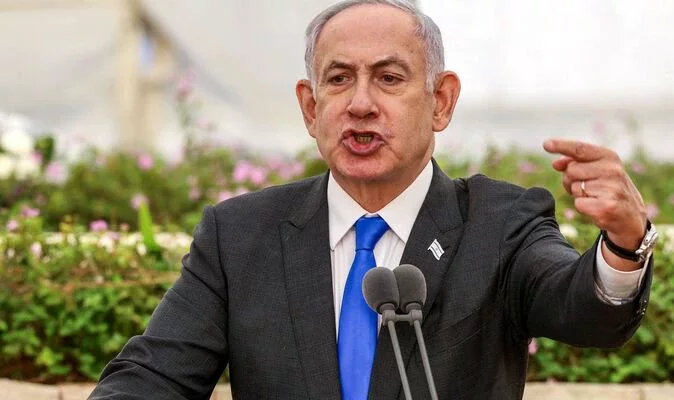
"For China, Trump's election may also be seen as a green light for them to invade Taiwan as he has indicated he is not interested in defending the island that he sees mainly as a place that 'stole American jobs'."
Dr Hudson suggested Britain would also benefit from a Trump presidency as he was "very welcoming" of Brexit in his first administration and it is likely he will work with the UK to secure trade deals.
She added: "Ultimately, Trump will always put America first, which might be a blessing for the rest of the world if it means less American intervention. It will not necessarily be a good thing for Taiwan, or for Chinese manufacturing.
"Biden's administration has not been successful in foreign policy terms, with the chaotic Afghanistan withdrawal, the Russian invasion of Ukraine and the Gaza-Israel war. Trump will likely continue US support for Israel, which is good for Israel and not so good for Palestinians."
Professor Julian Richards, Director of the Centre for Security and Intelligence Studies at the University of Buckingham, suggested US-UK ties would not be a priority.
He said: "Trump is not at all sentimental about the 'special relationship', so look for a somewhat arms-length relationship with ourselves. The bottom line is 'America first', and that will determine whether he does or does not favour particular countries."

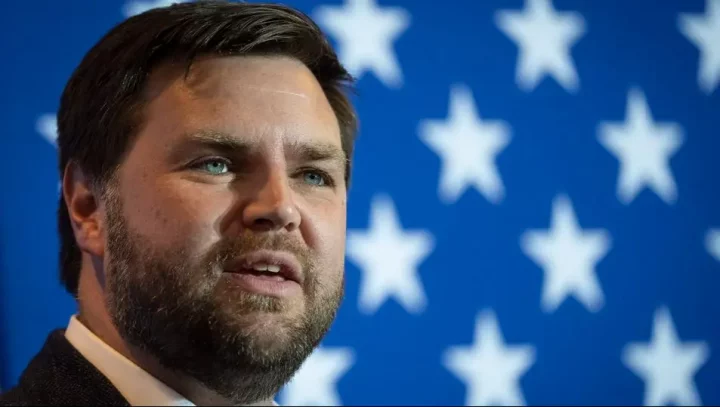
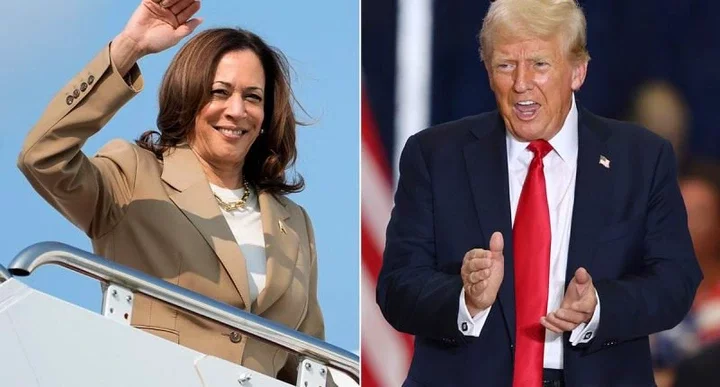
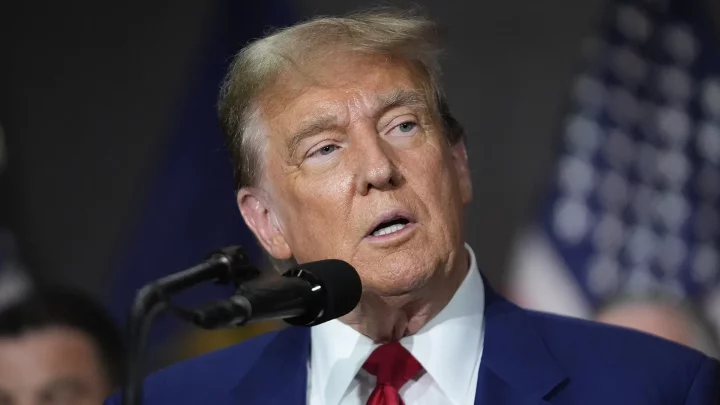

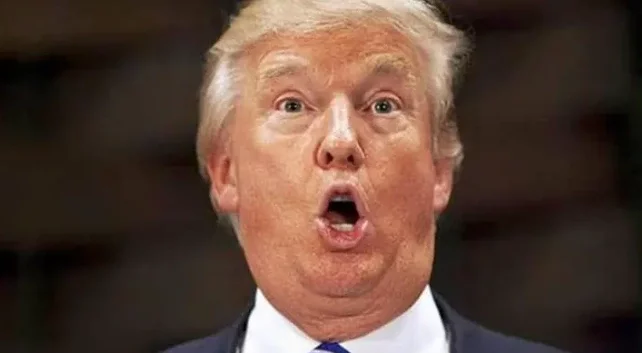
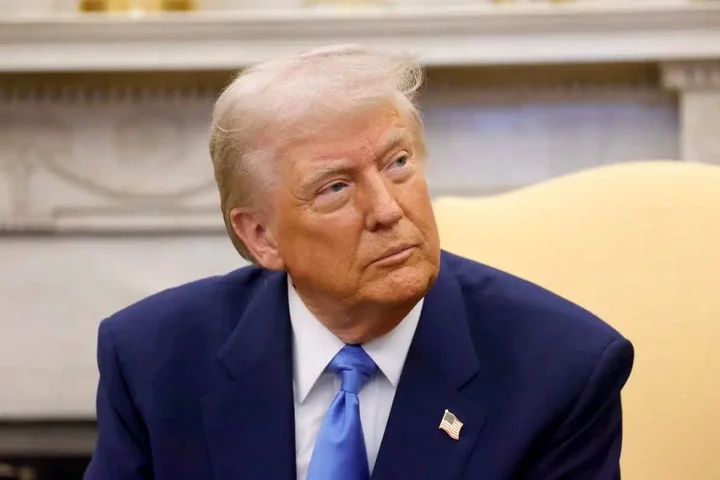

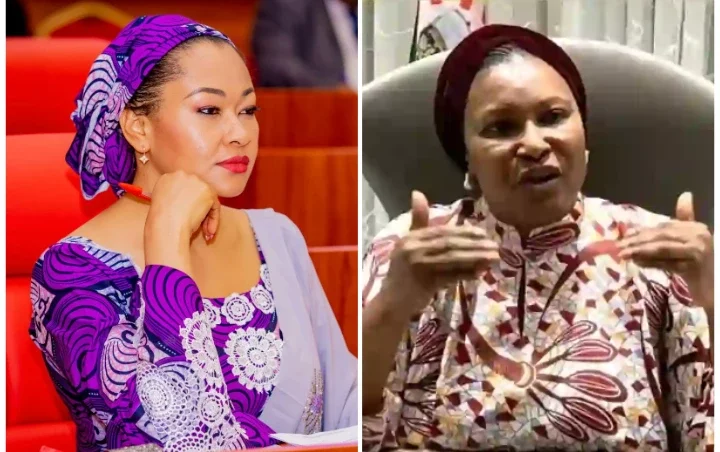
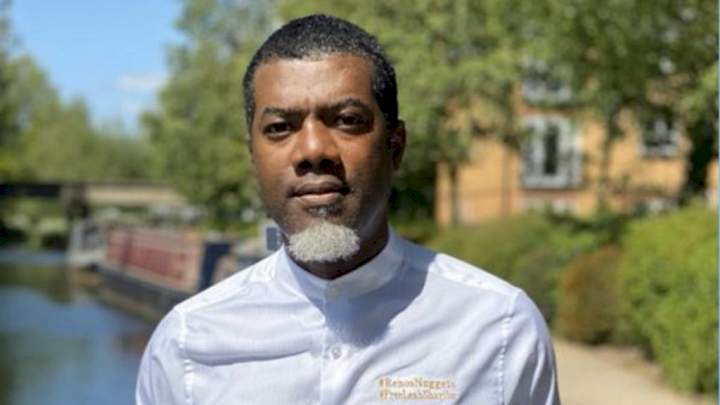





Comments